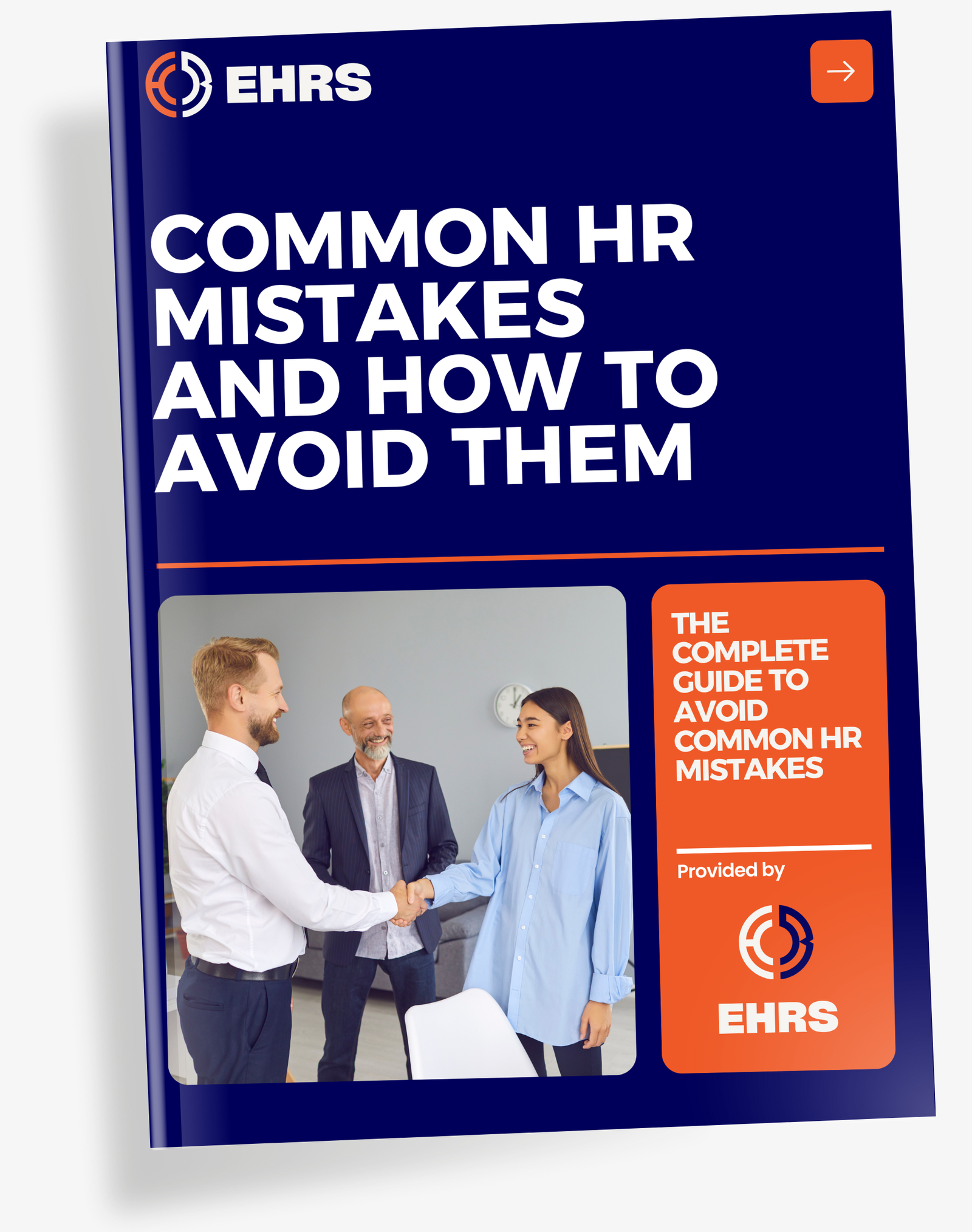Expanding into the European market presents a wealth of opportunities for businesses seeking growth and diversification. A critical decision in this process is determining whether to manage Human Resources (HR) functions through an in-house team or by outsourcing to external experts. This choice significantly impacts operational efficiency, compliance with local regulations, and overall success in the new market.
In-House HR Management
In-house HR involves establishing an internal team dedicated to managing all HR-related activities within the organization. This approach offers several advantages:
- Control and Alignment: An internal HR team operates in close proximity to the company’s leadership and employees, ensuring that HR policies and practices are closely aligned with the organization’s culture, values, and strategic objectives. This alignment facilitates seamless communication and swift decision-making.
- Confidentiality: Managing HR internally ensures that sensitive employee information remains within the organization, reducing the risk of data breaches and maintaining confidentiality.
- Employee Engagement: In-house HR professionals can build stronger relationships with employees, fostering a sense of trust and belonging. This direct engagement can lead to higher employee satisfaction and retention rates.
However, maintaining an in-house HR department also presents challenges:
- Resource Intensiveness: Building and sustaining an internal HR team requires significant investment in recruitment, training, salaries, benefits, and infrastructure. For small to medium-sized enterprises (SMEs), these costs can be substantial.
- Limited Expertise: An in-house team may lack specialized knowledge in certain HR domains, such as international labor laws, complex compliance issues, or advanced payroll systems, potentially leading to suboptimal solutions.
- Scalability Constraints: Adapting to rapid business growth or fluctuating HR demands can be challenging for internal teams, which may not have the flexibility to scale operations efficiently.
Outsourcing HR Functions
Outsourcing HR involves partnering with external service providers to manage specific HR tasks or the entire HR function. This model offers distinct benefits:
- Access to Specialized Expertise: HR outsourcing firms employ professionals with extensive experience in various HR disciplines, including international compliance, benefits administration, and talent acquisition. This expertise ensures that HR functions are managed effectively and in compliance with local regulations.
- Cost Efficiency: Outsourcing can convert fixed HR costs into variable expenses, allowing businesses to pay for services as needed. This flexibility can result in significant cost savings, particularly for SMEs with limited budgets.
- Scalability and Flexibility: External providers can quickly adjust their services to accommodate business growth, market expansion, or seasonal fluctuations, offering a level of agility that may be difficult to achieve with an in-house team.
- Focus on Core Business Activities: By delegating HR responsibilities to external experts, company leadership can concentrate on strategic initiatives and core business functions, driving growth and innovation.
Despite these advantages, outsourcing HR also has potential drawbacks:
- Reduced Control: Entrusting HR functions to an external provider means relinquishing some degree of control over HR processes, which may lead to misalignment with the company’s specific needs or standards.
- Communication Challenges: Working with an external partner can introduce communication barriers, potentially resulting in delays or misunderstandings if not managed effectively.
- Dependency on Service Providers: Over-reliance on an external provider may pose risks if the provider experiences disruptions or fails to deliver services as expected, potentially impacting HR operations.
Considerations for European Expansion
When expanding into Europe, several factors should influence the decision between in-house HR and outsourcing:
- Regulatory Complexity: Europe comprises diverse legal systems and labor regulations. Outsourcing to a provider with local expertise can help navigate these complexities and ensure compliance across different countries.
- Cultural Nuances: Understanding and integrating into various European cultures is crucial for successful expansion. An in-house team familiar with the local culture can tailor HR practices accordingly, while reputable outsourcing firms often have multicultural expertise to bridge cultural gaps.
- Speed to Market: Outsourcing HR functions can expedite market entry by leveraging the provider’s established processes and local knowledge, reducing the time required to set up operations.
- Resource Allocation: For companies with limited resources, outsourcing can provide immediate access to HR infrastructure and expertise without the need for significant upfront investment.
Hybrid Approach: Combining In-House and Outsourced HR
Many organizations adopt a hybrid model, retaining strategic HR functions in-house while outsourcing administrative or specialized tasks. This approach allows companies to maintain control over critical HR areas, such as employee relations and culture development, while benefiting from the expertise and efficiency of external providers for functions like payroll processing, compliance management, or benefits administration.
Conclusion
The decision between in-house and outsourced HR functions during European expansion depends on various factors, including company size, budget, strategic goals, and the complexity of the target markets. A thorough assessment of the organization’s needs, resources, and long-term objectives is essential. In many cases, a hybrid approach offers a balanced solution, combining the strengths of both models to support successful expansion into the European market.
By carefully evaluating these considerations, businesses can make informed decisions that align with their expansion strategies and contribute to sustainable growth in Europe.





